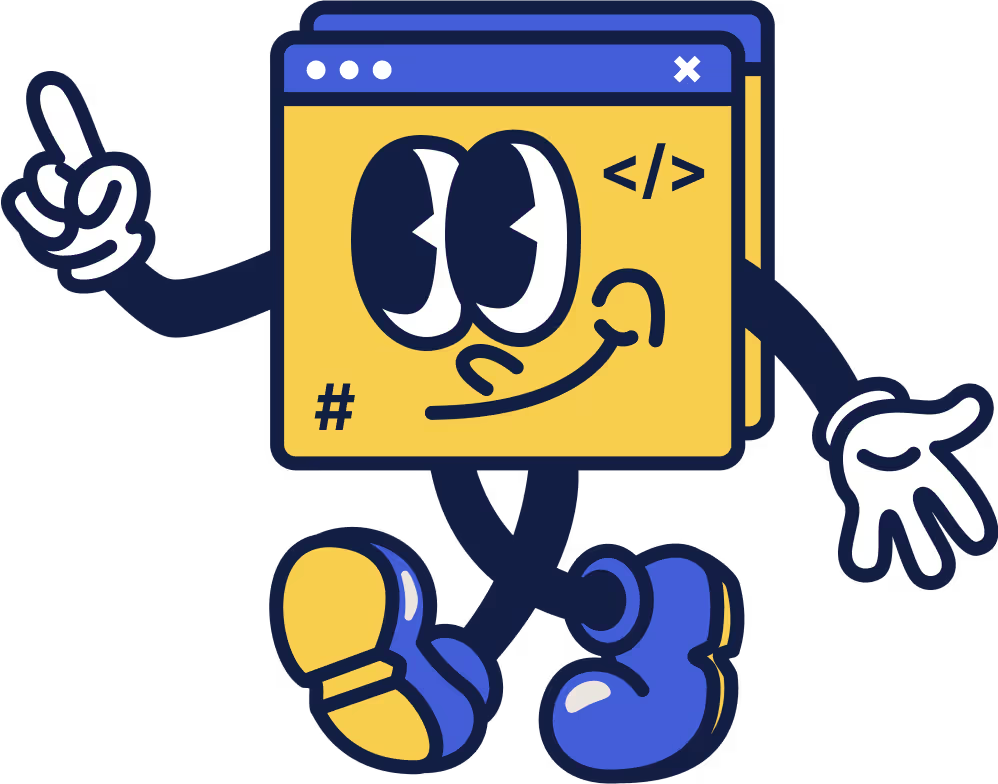How to Hire a React Developer for your mid-sized company

What type of React developer do I really need?
Match the developer to your company’s stage, industry, and team structure.
Mid-sized companies in regulated sectors (finance, healthcare) often need developers who follow processes, write maintainable code, and handle compliance constraints.
Larger teams need people who can manage stakeholders, navigate meetings, and align with multiple departments.
Great solo coders often struggle in these environments, while strong stakeholder managers may not be the fastest shippers, so hire for the reality of your workflow.

How do I assess React devs without running a drawn-out process?
Use a structured, 2–3 stage process:
1. Short technical screen focused on your stack.
2. Paid work sample (realistic feature or UI task).
3. Live review with cross-functional input. It keeps momentum while still evaluating technical skill, communication, and ability to work within your established processes.

What should I include in my 30/60/90-day plan?
Define what success looks like:
- 7 days: Fully onboarded, local dev environment set up, updated onboarding docs where needed.
- 14 - 90 days: Owning and delivering meaningful features within their product area.
- After 90 days: Deep familiarity with codebase and processes, handling complex cases like a long-term team member.

How do I decide between a generalist and a specialist?
Early in a company’s growth, you need generalists who can cover frontend React work, backend APIs, and deployments.
By mid-size, teams are large enough to split into specialists: React-focused UI engineers, API engineers, performance experts - each going deep in their area.

What’s the right mix of technical skill vs. product sense for this stage?
At early stage, developers need to work from rough ideas, make product decisions on the fly, and fill in the gaps.
By mid-size, the emphasis shifts: working with PMs, designers, and engineers across multiple teams, following roadmaps, and delivering within structured processes.
It’s less “entrepreneurial developer,” more “collaborative team player.”

How do I compete for talent without paying top-of-market salaries?
It’s tough when big tech can outpay you. Mid-sized companies can compete by offering stability with room for growth with clear career paths and leadership opportunities
But even these may not be enough to stop talent turnover. BUT you can hire top developers from ReactSquad without worrying about paying expensive salaries.

How do I evaluate startup-readiness, not just technical ability?
For mid-sized companies, swap “startup-readiness” with “organizational adaptability.” Look for candidates who can handle structured workflows, work across departments, and balance delivery speed with stakeholder alignment. Ask about navigating competing priorities or working in larger, multi-team environments.

How fast should my hiring process be?
Target 4-5 weeks from first contact to offer. This allows for cross-functional interviews, work samples, and reference checks, while still moving faster than larger enterprises. Good candidates won’t stay on the market for months.
With ReactSquad however, you can skip the lengthy processes and hire a vetted, experienced developer within 48 hours.

What’s my plan if my first hire doesn’t work out?
Use a structured probationary period with measurable goals.
Review progress regularly, document feedback, and give clear improvement plans. If performance or fit doesn’t improve, part ways quickly to protect team momentum.

What is React?
React.js is a JavaScript library for building dynamic user interfaces. It lets developers create reusable components, making apps faster to build, easier to maintain, and more responsive—without needing to reload the whole page each time something changes.

Technical Proficiency and Soft Skills
- Strong understanding of core JavaScript and React fundamentals (JSX, components, state, props, lifecycle methods)
- Experience with key tools in the React ecosystem (Redux, React Router, UI libraries)
- Ability to build reusable, modular, and maintainable components
- Proficiency in working with APIs and handling async data
- Clean coding practices and version control with Git
- Problem-solving and critical thinking in debugging and development
- Effective communication and teamwork in cross-functional environments

Finding React Developers
You can find dedicated React developers on vetted talent platforms which focus on experienced engineers. Clutch and GoodFirms list React development agencies with client reviews. GitHub, Stack Overflow, and LinkedIn can also help identify active React teams. Consider hiring remotely to expand your access to skilled global teams.
OR save yourself the time and hire directly from us. You can get expert part-time devs within hours.

The Cost of Hiring React Developers
React developers typically charge $70 to $160 per hour, depending on experience and location. In the US, average React developer salaries range around $120,000 annually, with variations across different states. Junior developers may start around $50/hour, while senior talent in the U.S. or Western Europe can command $100/hour or more.
ReactSquad offers startup-friendly rates at $75 per hour.

Next Steps
As you progress in your hiring process, consider the benefits of integrating a team like ReactSquad into your development projects. Our developers offer a wealth of knowledge and experience in React development. Our approach also ensures seamless integration with your project goals, resulting in developers shipping code for you within a week. In a nutshell, partnering with ReactSquad streamlines your hiring process and helps you build successful React projects.








































































.avif)

























.avif)


















































